Jim Claffey, of the NGO of the Congregation of the Mission at the United Nations, writes about issues at the U.N. relevant to the Vincentians and the mission of St. Vincent de Paul.
It is so easy to criminalize.
It happens with unhoused people all the time. They’re called lazy, only looking for a handout, dirty and dangerous, vagrants, and panhandlers. Their situation is considered one of “personal failure.”
Homelessness stigmatizes, marginalizes, socially excludes, and weaponizes human need. We don’t even know the extent of it. Couch-surfing, staying with friends (for a while), is hidden homelessness and just as devastating. Women and children suffer the most, as they do with every social issue, despite the Universal Declaration of Human Rights including housing as a right for all (article 25).
Why is it so hard to admit that homelessness is a systems failure? That it is a policy decision, at every level, that puts profit over people? That not everyone is important? That the “Common Good” is a pipedream, unrealistic, and, anyway, too expensive? Homelessness, though a thorny complex issue, is solvable if we want to solve it and if we muster the political will to address it seriously.
Meanwhile, the presumption seems to be that everyone is expected to be physically and psychologically healthy (no matter the circumstances of birth and upbringing), from families that have suffered no tragedy or economic setbacks, totally prepared to find and keep a job, able to live on minimum wage, and able to find affordable housing in this market. Wow. That’s not too much to expect from everyone!
And it’s not only the unhoused who are criminalized today. Consider these:
- Migrants and Refugees: “aliens here to destroy our country.”
- Peaceful Protestors exercising their first amendment rights.
- Journalists giving us the news.
Another casualty of this alarming trend is language itself. Now, anyone or any group is easily labeled a “terrorist,” robbing that important term of any clear meaning while exposing the person to even greater danger.
This is a Vincentian issue. Against this backdrop of false criminalization, the Vincentian question is always, “What Must Be Done?” St. Vincent’s words are striking: “Imagine! To be a Christian and to see our brother suffering without weeping with him, without being sick with him! That’s to be lacking in charity; it’s being a caricature of a Christian; it’s inhuman; it’s to be worse than animals.” (CCD:XII:221)
Or, in more secular terms, “If you have no charity in your heart, you have the worst kind of heart trouble.” (Bob Hope)
One thing we can do is advocate for an end to homelessness, for humane treatment of people on the move, for the right to peaceful protest and for the protection of those professionals merely doing their job to let the public know what is really happening in our country at this time.
The Vincentian Family has a tool at its disposal to advocate on homelessness: the FamVin Homeless Alliance is a remarkably effective systemic change project. Since 2018, the FHA has provided housing for 10,585 people formerly without housing through 121 projects in 77 countries.
Advocacy groups and agencies, including the UN’s NGO Committee on Migration, are currently in the process of insisting on compliance with international laws protecting the rights of migrants and refugees. We can all sign petitions, call or write to public officials in defense of the peaceful protests guaranteed by the First Amendment. And soon there will surely be similar organized efforts to protect the role and safety of journalists merely doing their essential task to provide information to society.
It seems to me that we must speak up on these issues, perhaps by signing petitions, making calls or sending letters/emails to lawmakers, making our voices heard. Even with family and friends, where we tend to not rock the boat. Can we find ways to seek common ground, a piece of shared humanity, something that allows the conversation to continue and perhaps shape responses to the increasingly dangerous path humanity is facing?
A voice from the 14th century reminds us: “Whatever else our God does, the first outburst is always compassion.” (Meister Eckhart). Could we make compassion our first outburst in the face of this growing criminalization?
